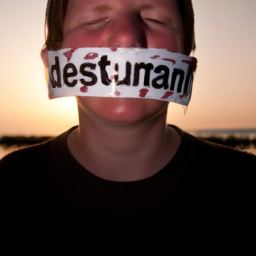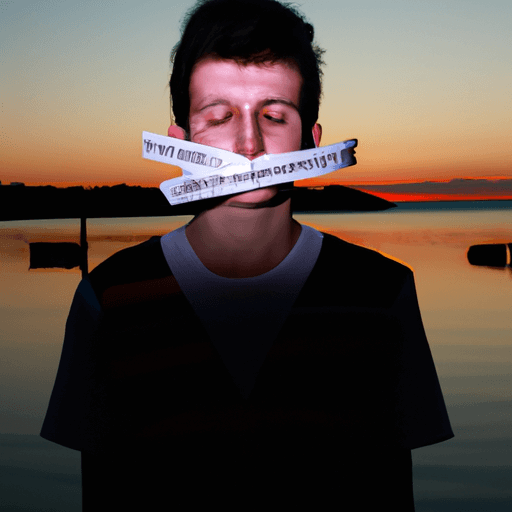699
Newsletter
Subscribe to our newsletter for exclusive content, latest news and trends, and exciting new features.
Tranding
Categories
Pets and animalsEnvironment and sustainabilityLifestyleGaming and esportsBusiness and entrepreneurshipTechnologyArts and cultureScience and natureEducation and learningHealth and wellnessEntertainmentSports and fitnessHome and gardenMusic and EntertainmentBeauty and personal careLiterature and writingFood and cookingTravel and tourism


















Comments
Leave a Comment